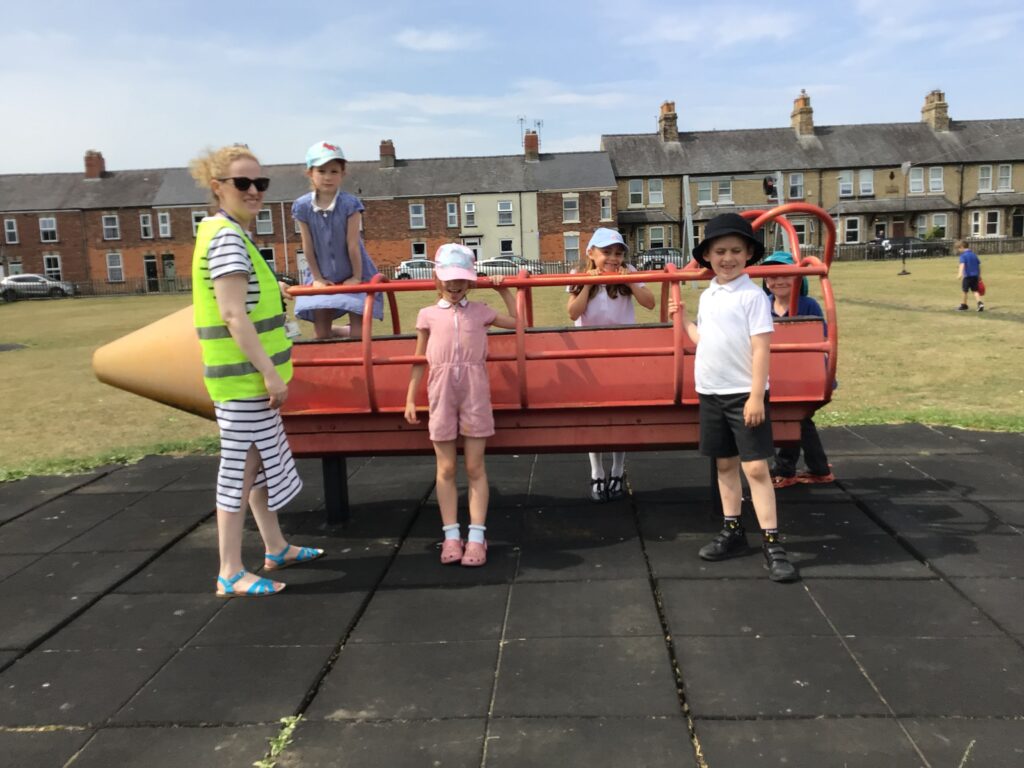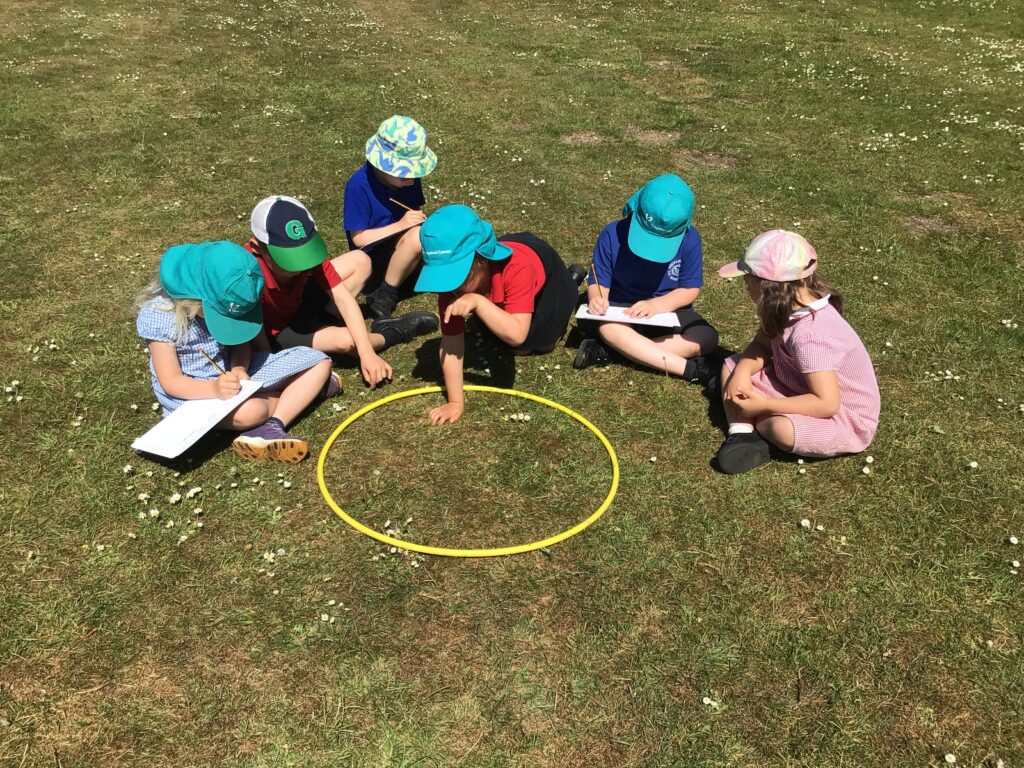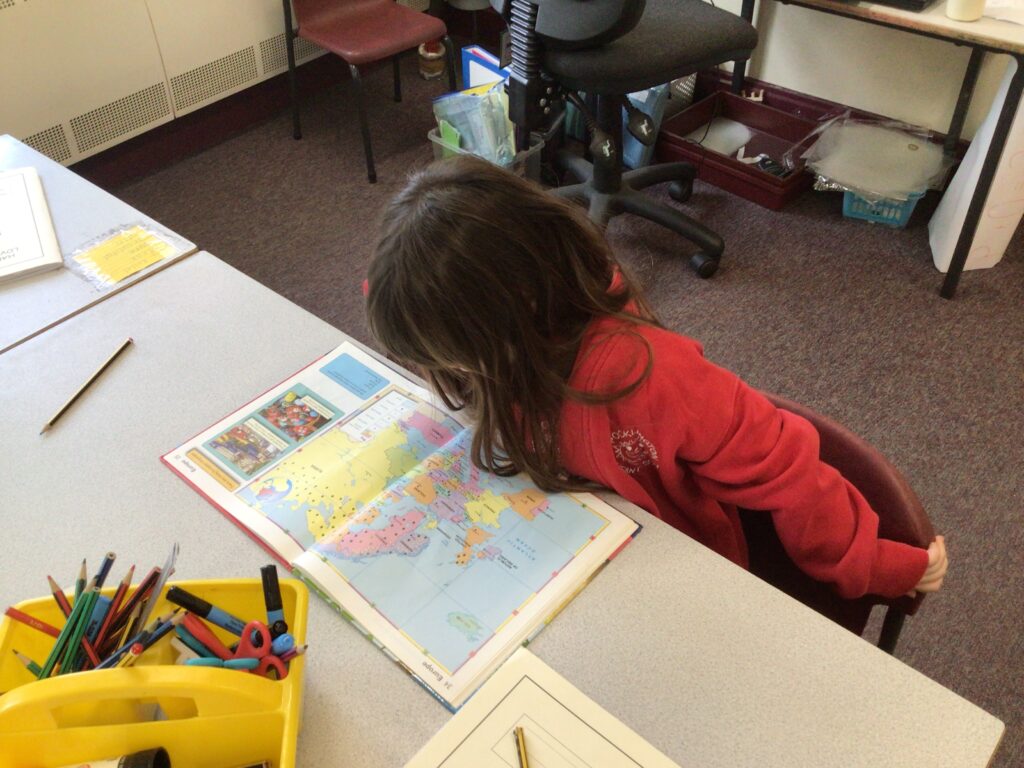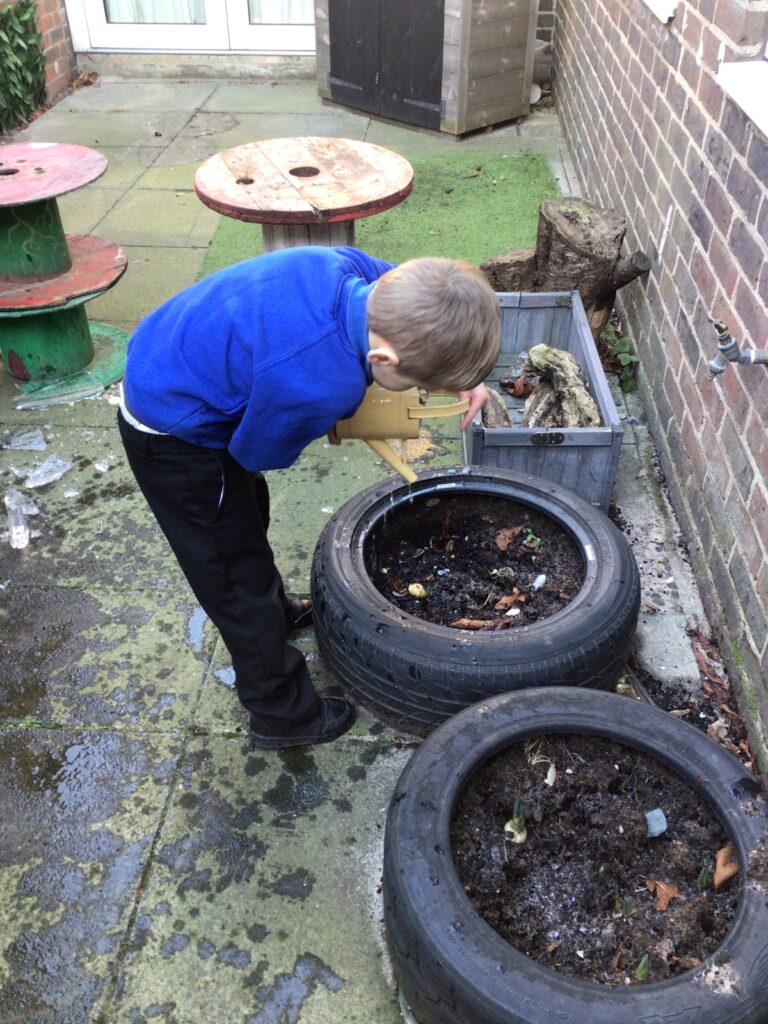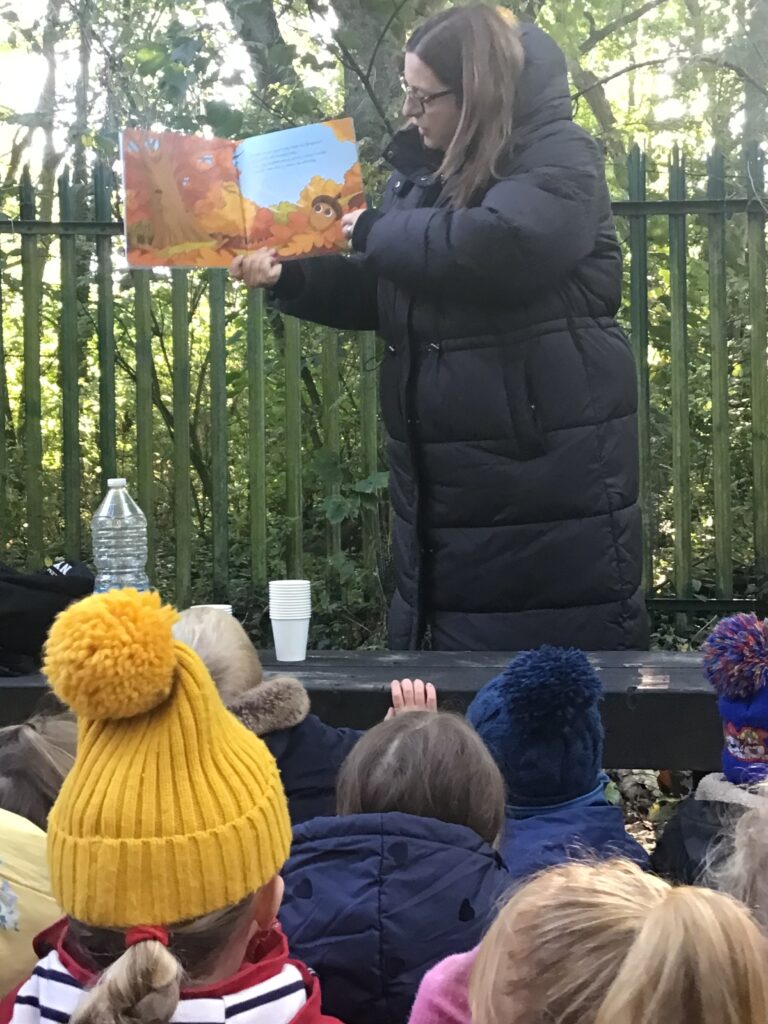Our intent for Geography is to inspire pupils to become curious and explorative thinkers with a diverse knowledge of the world; in other words, to think like a geographer. We want pupils to develop the confidence to question and observe places, measure and record necessary data in various ways, and analyse and present their findings. We aim to build an awareness of how Geography shapes our lives at multiple scales and over time. We hope to encourage pupils to become resourceful, active citizens who will have the skills to contribute to and improve the world around them.
In our Geography lessons, we encourage:
• A strong focus on developing both geographical skills and knowledge.
• Critical thinking, with the ability to ask perceptive questions and explain and analyse evidence.
• The development of fieldwork skills across each year group.
• A deep interest and knowledge of pupils’ locality and how it differs from other areas of the world.
• A growing understanding of geographical concepts, terms and vocabulary.
Our Geography scheme of work from Kapow enables pupils to meet the end of key stage attainment targets in the National curriculum and the EYFS Framework.
At Pocklington Church of England VC Infant School, in the Early Years Foundation Stage Geography is taught through the lens of ‘ Understanding the World’. This is through adult-led activities as well as enhancements in provision. The children are encouraged to talk about the world around them and are guided to make sense of their physical world and their community. Some units will be taught using the Kapow curriculum.
The National curriculum organises the Geography attainment targets under four subheadings or strands:
• Locational knowledge
• Place knowledge
• Human and physical geography
• Geographical skills and fieldwork
We follow Kapow Primary’s Design and technology scheme, which has a clear progression of skills and knowledge within these strands and key areas across each year group. It shows the skills taught within each year group and how these develop to ensure that attainment targets are securely met by the end of the key stage. Geographical key concepts are woven across all units rather than being taught discretely as seen in the Progression of key geographical concepts.
The Kapow Primary scheme is a spiral curriculum, with essential knowledge and skills revisited with increasing complexity, allowing pupils to revise and build on their previous learning. Locational knowledge, in particular, will be reviewed in each unit to coincide with our belief that this will consolidate children’s understanding of key concepts, such as scale and place, in Geography. Cross-curricular links are included throughout each unit, allowing children to make connections and apply their Geography skills to other areas of learning. Questions have been designed to be open-ended with no preconceived answers and therefore they are purposeful and engage pupils in generating real change. In attempting to answer them, children learn how to collect, interpret and represent data using geographical methodologies and make informed decisions by applying their geographical knowledge.
Each unit contains elements of geographical skills and fieldwork to ensure that fieldwork skills are practised as often as possible. Kapow Primary units follow an enquiry cycle that maps out the fieldwork process of question, observe, measure, record, and present, to reflect the elements mentioned in the National curriculum. This ensures children will learn how to decide on an area of enquiry, plan to measure data using a range of methods, capture the data and present it to a range of appropriate stakeholders in various formats.
Fieldwork includes smaller opportunities on the school grounds to larger-scale visits to investigate physical and human features. Developing fieldwork skills within the school environment and revisiting them in multiple units enables pupils to consolidate their understanding of various methods. It also gives children the confidence to evaluate methodologies without always having to leave the school grounds and do so within the confines of a familiar place. This makes fieldwork regular and accessible while giving children a thorough understanding of their locality, providing a solid foundation when comparing it with other places.
We alternate our Geography and History topics, ensuring that our children will receive a well-rounded teaching of the humanities subjects throughout the year. Lessons incorporate various teaching strategies from independent tasks to paired and group work, including practical hands-on, computer-based and collaborative tasks. This variety means that lessons are engaging and appeal to those with a variety of learning styles. Each lesson provides guidance for teachers on how to adapt their teaching to ensure that all pupils can access learning, and opportunities to stretch pupils’ learning are also available if required. Knowledge organisers for each unit support pupils in building a foundation of factual knowledge by encouraging recall of key facts and vocabulary. Strong subject knowledge is vital for staff to deliver a highly effective and robust Geography curriculum. Children are given access to a range of primary and secondary resources to develop learning through atlases, digital technology, books, newspaper articles, photographs, videos and maps. Each unit of lessons includes multiple teacher videos to develop subject knowledge and support CPD. Kapow Primary has been created with the understanding that many teachers do not feel confident delivering the full Geography curriculum, and every effort has been made to ensure that they feel supported to deliver lessons of a high standard that ensure pupil progression.
An enquiry-based approach to learning will allow teachers to assess children against the National curriculum expectations for Geography. The impact of Kapow Primary’s scheme can be constantly monitored through both formative and summative assessment opportunities.
Each lesson includes guidance to support teachers in assessing pupils against the learning objectives. Furthermore, each unit has a unit quiz and knowledge catcher, which can be used at the start or end of the unit to assess children’s understanding. Opportunities for children to present their findings using their geographical skills will also form part of the assessment process in each unit.
After implementing Kapow Primary Geography, pupils should leave school equipped with a range of skills and knowledge to enable them to study Geography with confidence at Key stage 2. We hope to shape children into curious and inspired geographers with respect and appreciation for the world around them alongside an understanding of the interconnection between the human and the physical.
The expected impact of following the Kapow Primary Geography scheme of work is that children will:
● Compare and contrast human and physical features to describe and understand similarities and differences between various places in the UK, Asia and Africa..
● Name, locate and understand where and why the physical elements of our world are located and how they interact, including processes over time relating to climate, natural disasters and the water cycle.
● Develop an appreciation for how humans are impacted by and have evolved around the physical geography surrounding them and how humans have had an impact on the environment, both positive and negative.
● Develop a sense of location and place around the UK and some areas of the wider world using the four-points of a compass, symbols and keys on maps, globes, atlases and aerial photographs.
● Present and answer their own geographical enquiries using planned and specifically chosen methodologies and collected data.
● Meet the ‘Understanding the World’ Early Learning Goals at the end of EYFS, and the end of key stage expectations outlined in the National curriculum for Geography by the end of Year 2
